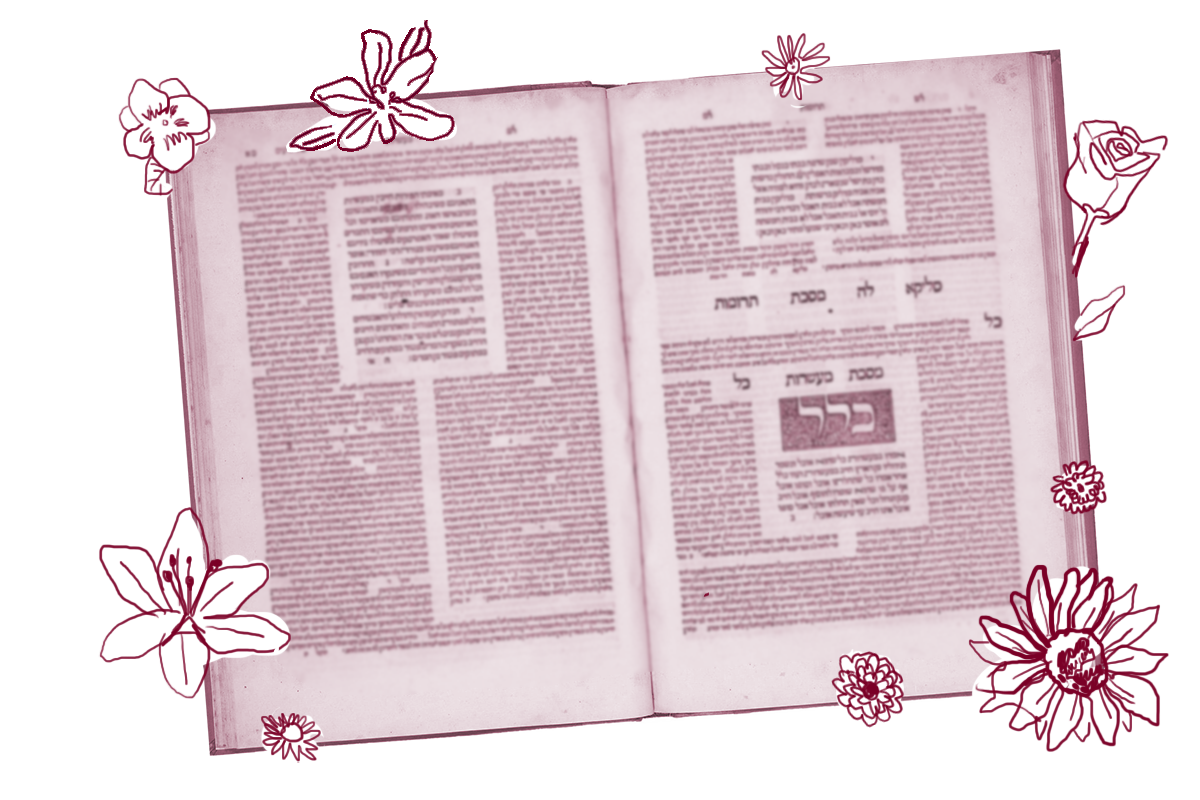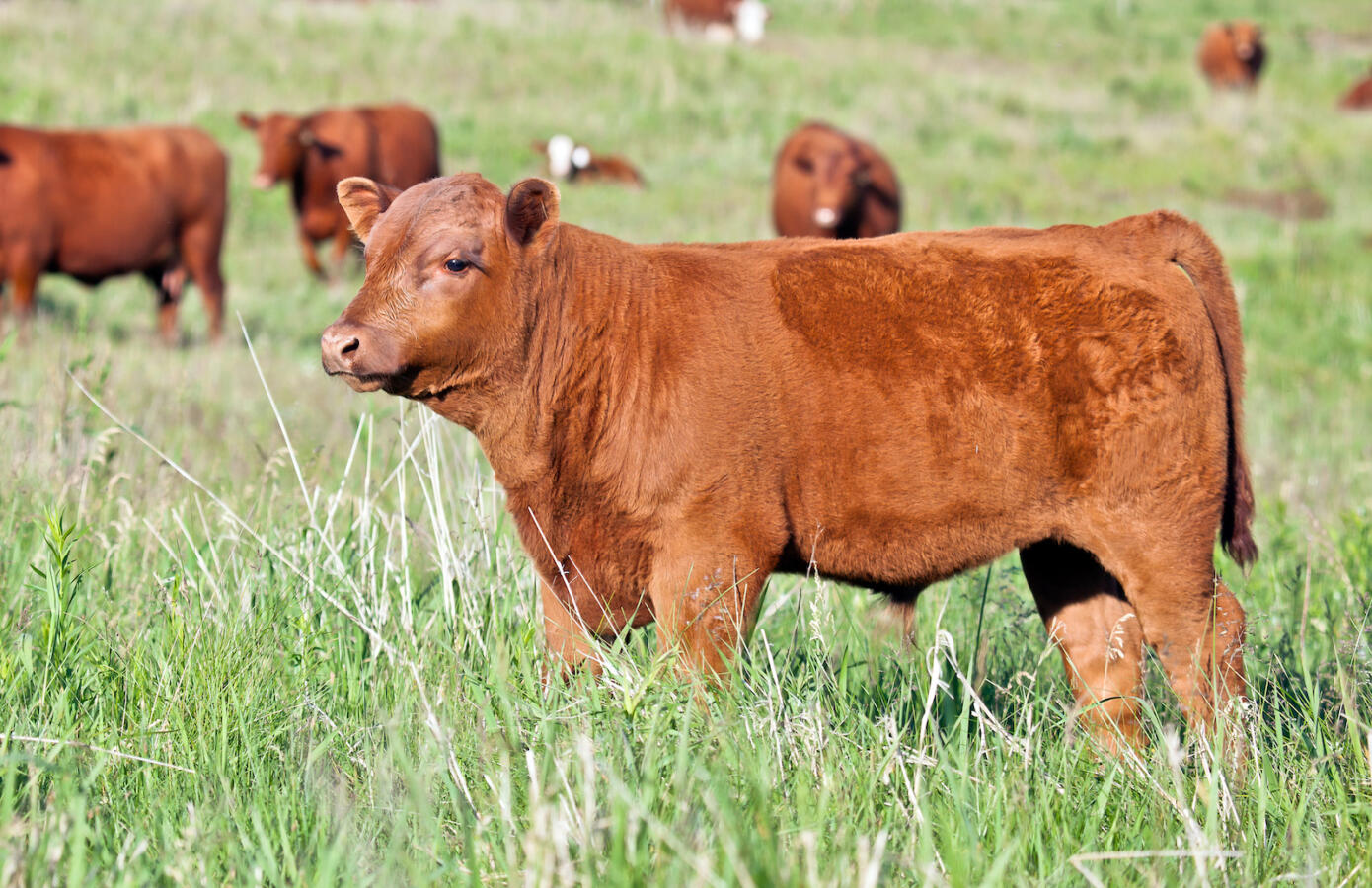Nazir 49
In the days of the mishnah, there were no rabbinic academies or schools. Instead, students who wanted to learn Torah from the rabbis would become the disciples of a particular rabbi. But what happened when their rabbi died before they were ready to stop studying? They had to find another rabbi to take them on. When […]
Continue Reading









